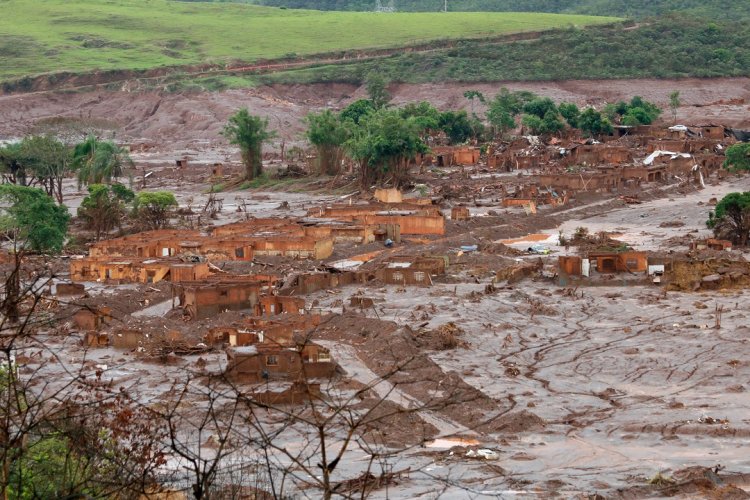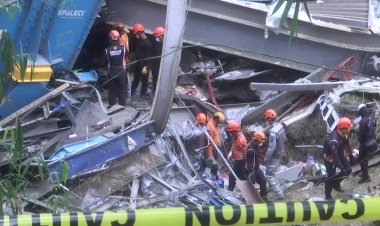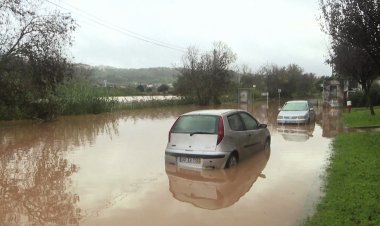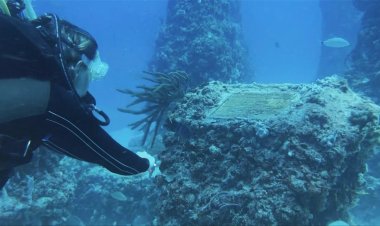Landmark trial against BHP set to begin in London

A landmark trial against mining giant BHP Group is set to begin on October 21st in London's High Court, nearly nine years after the devastating Mariana dam disaster in Brazil. The case, brought by over 70,000 Brazilians, will examine BHP's liability for one of Brazil's worst environmental catastrophes.
The 2015 disaster occurred when a tailings dam operated by Samarco, a joint venture between BHP and Brazilian company Vale, collapsed in Minas Gerais. The collapse released 57.5 million cubic meters of toxic waste, which traveled 675 kilometers, affecting the Rio Doce river and reaching the Atlantic Ocean. The disaster killed 19 people, displaced over 600, and caused extensive environmental damage.
The trial, expected to last 12 weeks, will determine BHP's responsibility for the tragedy. The claimants, including 46 Brazilian municipalities, companies, and Indigenous peoples, are seeking damages estimated at $47 billion. If BHP is found liable, a separate trial to determine the amount of damages is scheduled for October 2026.
BHP argues that the London case is unnecessary due to ongoing proceedings in Brazil, where the company and Vale have offered nearly $25 billion in compensation. BHP claims that over 200,000 plaintiffs in the London case have already received compensation, and that the Renova Foundation has paid out more than $7.8 billion in emergency financial aid.
The trial represents a crucial moment for the affected communities seeking justice and accountability. Pamela Rayane Fernandes de Sena, who lost her five-year-old daughter in the disaster, views the trial as her "only hope" for justice.
This case highlights the ongoing impact of the Mariana disaster on local populations and the environment. It also raises important questions about corporate responsibility in global mining operations and the role of international courts in addressing environmental disasters.
The trial's outcome could have significant implications for the mining industry.















